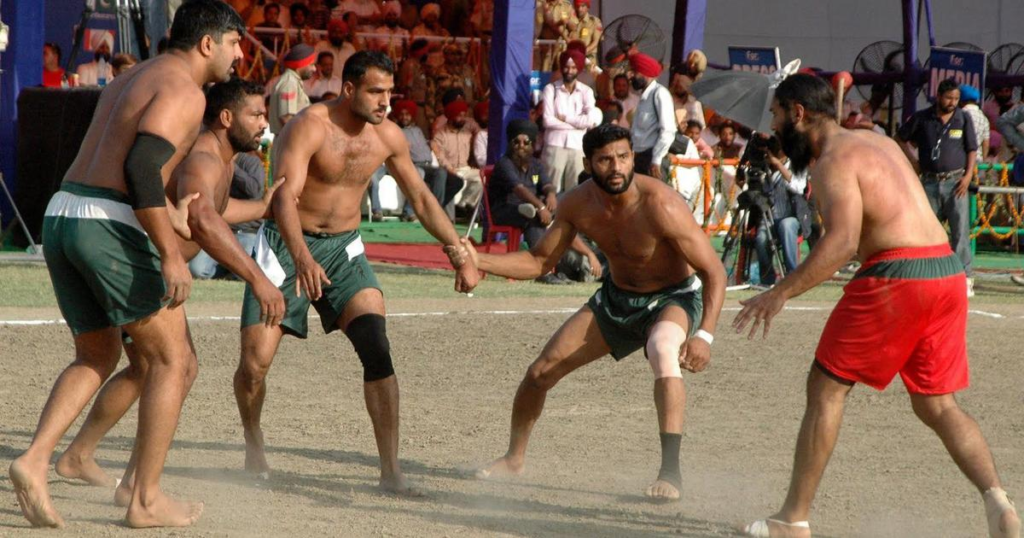
Kabaddi is a traditional Indian sport that dates back centuries. It is a high-energy team sport that requires both physical strength and mental agility. The origins of kabaddi can be traced back to ancient times, and it has evolved into a popular sport played in various parts of India and around the world. In this article, we will take a closer look at the roots of kabaddi and answer “Kabaddi originated in which state?”.
Origins of Kabaddi
Kabaddi is believed to have originated in ancient India, with references to the sport dating back to the Mahabharata, an ancient Indian epic. The game was played by warriors to showcase their strength, speed, and agility. Kabaddi was also used as a form of military training, as it required players to be quick on their feet and possess excellent hand-eye coordination.
The game of kabaddi has evolved over the centuries, with different regions in India developing their own variations of the sport. Today, kabaddi is played in various forms, including traditional, circle, and beach kabaddi. Each version of the game has its own set of rules and regulations, but the basic premise remains the same – to raid the opponent’s territory and tag as many players as possible without being tackled.
Kabaddi originated in Which State?
While kabaddi is played in various parts of India, one state in particular has a strong connection to the sport – Punjab. Punjab is known for its rich history of kabaddi, with the sport being a popular pastime for both men and women in the state. Kabaddi matches in Punjab are often held in village squares or open fields, with spectators cheering on their favorite teams.
Punjab has produced some of the finest kabaddi players in India, with many players from the state representing the country in international competitions. The state’s love for kabaddi can be seen in the numerous kabaddi tournaments and leagues that are held throughout the year, attracting players and fans from all over the country.
The traditional form of kabaddi played in Punjab is known as “circle kabaddi.” In this version of the game, two teams of seven players each compete in a circular arena, with the objective being to raid the opponent’s territory and tag as many players as possible. The game is fast-paced and requires players to be quick on their feet and possess excellent reflexes.
Punjab’s love for kabaddi can be traced back to its agricultural roots. The sport was initially played by farmers as a form of entertainment during the harvest season. Over time, kabaddi became a popular sport in the state, with players honing their skills and techniques to become masters of the game.
In addition to Punjab, kabaddi is also played in other states such as Maharashtra, Tamil Nadu, and Haryana. Each state has its own unique style of kabaddi, with variations in rules, techniques, and strategies. Despite these differences, the essence of the game remains the same – to showcase strength, agility, and teamwork.
The Future of Kabaddi
Kabaddi has come a long way from its humble origins in ancient India. The sport has evolved into a popular and competitive game played by millions of people around the world. With the rise of professional leagues and international competitions, kabaddi is poised to become a mainstream sport with a global following.
As the popularity of kabaddi continues to grow, it is important to remember the sport’s roots and honor its traditional heritage. Kabaddi is more than just a game – it is a reflection of India’s rich cultural history and heritage. By preserving and promoting kabaddi, we can ensure that future generations will continue to enjoy this ancient and dynamic sport for years to come.
Can’t get enough of sports? Check out Sport Circle’s Youtube Channel here. Want more bite-sized content? Follow us on Instagram and Twitter!
